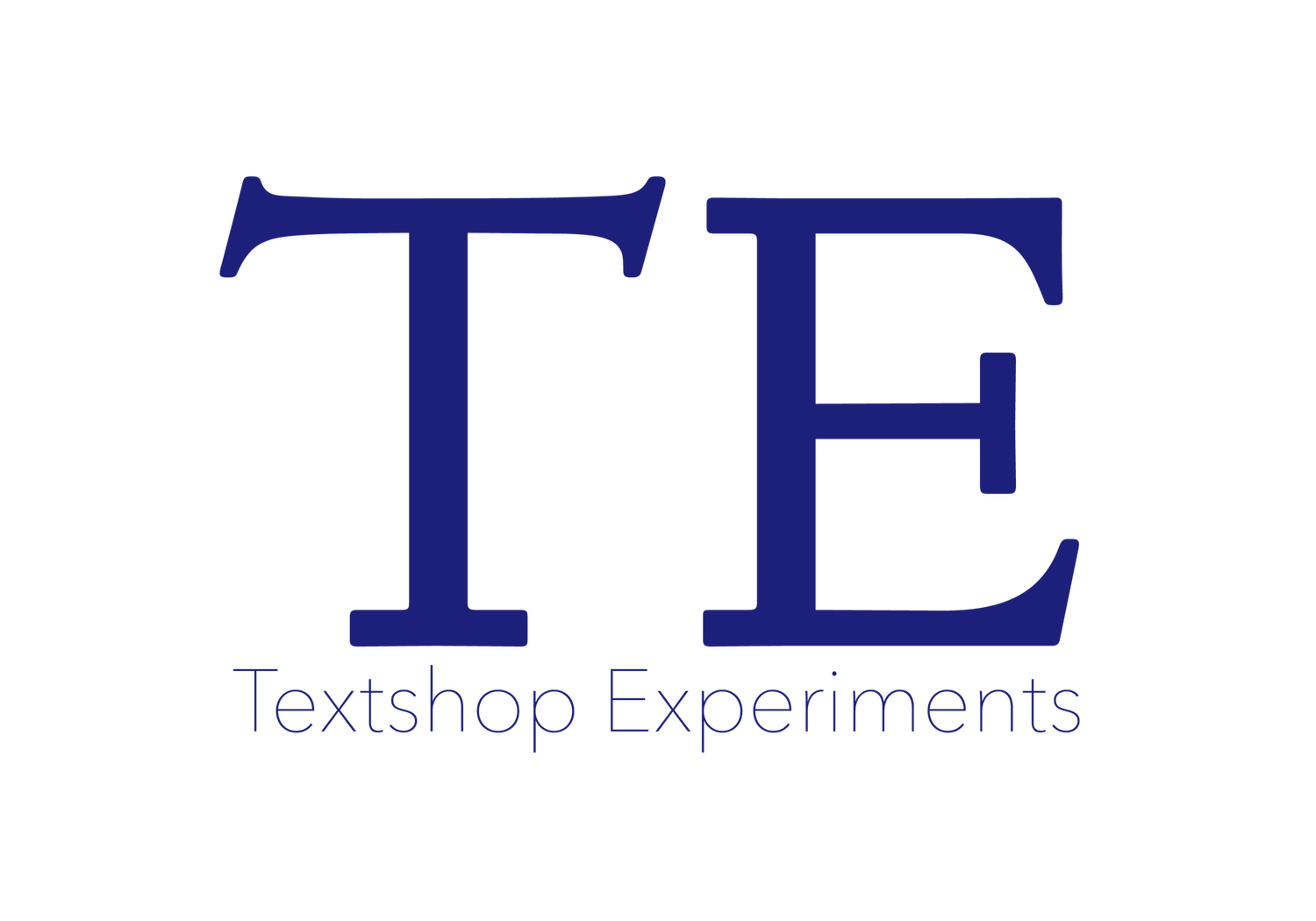CALL FOR PAPERS
PROBLEMS B US: CURRENTS IN ELECTRACY
(EDITED COLLECTION)
Lead Investigators
K. A. Wisniewski, American Antiquarian Society
Scott D. Sundvall, University of Memphis
Sergio C. Figueiredo, Kennesaw State University
Description
Gregory L. Ulmer, media theorist, first coined the term electracy in Internet Invention: From Literacy to Electracy (2003) to describe the apparatus shift from print literacy to electronic media. It encompasses not only the cultural, institutional, pedagogical, and ideological implications inherent in the transition but also offers a theoretical and methodological framework for composing new artistic and scholarly works. Ulmer’s emphasis on heuretics (invention), as distinguished from the primarily literate practice of hermeneutics (interpretation), reflects the necessary convergence of aesthetics and theory in the age of electracy.
In Illogic to Sense: The Gregory L. Ulmer Remix Anthology (2001), Darren Tofts and Lisa Guy place Ulmer’s work as “central to contemporary thinking about the future of writing, of schooling and paradigms of learning, [and of] the dynamics of creativity and the poetics of invention,” as well as how existing institutions take on new social roles and responsibilities. Ulmer’s work has now influenced scholars and artists working in fields including literature, rhetoric, writing studies, philosophy, performance art, architecture, and political science and public policy. Ulmer’s use of “konsult” as practice and method, most recently detailed in his work on “theopraxesis,” provides signposts for how we can apply electrate logic in a trans-disciplinary manner to tackle the fundamental question of collective well-being. In short, as Ulmer notes, “Problems B Us.”
Despite Ulmer’s influence, directly and indirectly cited in a host of works, his home-spun “puncepts” demand further development. This project collects original essays from emerging / early-career scholars and artists working in elecracy. The title, “Problems B Us,” is the slogan of Ulmer’s EmerAgency and subverts the traditional literate-centric work of consultants. In this new model, problems explain the field, the situation, the method, and contributors / participants. Each chapter of this anthology takes on a particular theme, puncept, or discipline to investigate and demonstrate the implications of electrate methods on the future of the respective fields of study in question.
The editors of this collection especially encourage collaborative chapter proposals from diverse voices that demonstrate the social, cultural, and transdisciplinary inclusivity of all things electrate.
Potential Topics may include the following:
● The future of education
● Politics, community engagement and social justice
● Environmental rhetoric and eco-criticism
● Art, architecture, and design
● Publishing
● University and writing programs, administration, and infrastructure
● Memory, memorialization, and monumentality
● Film, sound and media studies
● Augmented reality
● Economy and/as shared sense of value
● Ethics, prudence, and decorum
● Rhetorics of truth and reality
● Function, purpose, and future of the humanities
● Development and distribution of knowledge/information
● Language, coding, and programming
● Science and the arts (and the conjunction of the two)
Final 5,000-6,000-word essays will be due in August 2021. Please send chapter abstracts (200-300 words) and a current CV as doc or docx files to the editors at problemsbus@gmail.com by April 15, 2021.

